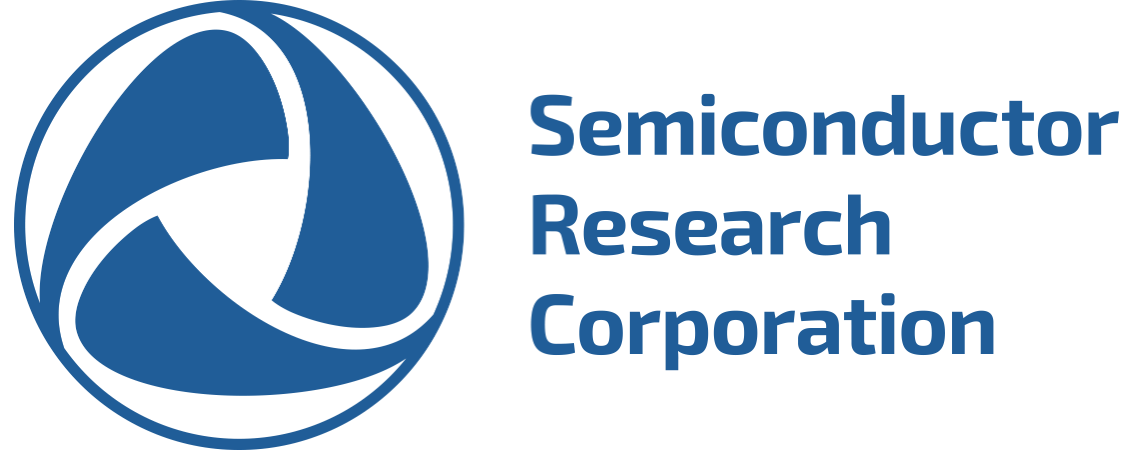Overview
A consensus has emerged that energy-limited performance challenges facing our computing infrastructure have reached a crisis level. Performance improvements across a wide variety of application spaces are severely constrained by the amount of energy it takes to move data between and within computational and memory functional blocks. While the tradeoffs to address this issue vary widely across the various application spaces, incremental and piecemeal solutions are no longer adequate.
Solving these challenges requires a holistic perspective and a cross-disciplinary, collaborative effort that addresses the issues at the most fundamental levels of the computational platform upon which every segment of our society now relies.
In addition, the massive volume and diversity of data types that future computational platforms must transform into actionable information, now requires a fundamentally new approach. We need orders-of-magnitude improvement in energy efficiency as well as the flexibility to learn and adapt in real time unconstrained by a rigid programmed platform.
Therefore this research will co-optimize revolutionary architectures and enabling silicon-based technology as a template for the next generation of computing. The goal is a hybrid platform that will expand current programmable computational methodologies to include neuro-inspired learning abilities, with dramatic improvements in energy efficiency. This platform will be scalable enough to enable cost-effective and efficient application platforms from mobile devices to data centers.
Research Focus
This is a cross-disciplinary, collaborative research effort aimed at establishing a revolutionary and sustainable general-purpose computing paradigm.
There are two primary areas of research focus:
- Novel 'beyond Cu/low-k' interconnect materials synthesis and scalable integrative processes to create on-chip conductors with dimensions well below 10 nm that will eliminate quantum scattering as the primary limitation on their conductive properties.
- Revolutionary computing platforms co-optimized from architecture to devices which 1) enable orders of magnitude improvement in energy efficiency compared to current mainstream architectures, and 2) merge neuro-inspired cognitive and learning abilities onto the same physical platform as programmable, algorithmic computational elements.
To summarize, this program will facilitate directly collaborative research 'from materials to architecture' using a holistic view, driven by a common set of goals and metrics. The ultimate goal is to create a revolutionary highly-efficient general purpose computing platform with neuro-inspired cognitive and learning abilities which will be required to address the vast range of future data types and workloads.
E2CDA-NRI Metrics
-
Since Inception
20 Projects13 Universities85 Research Scholars38 Faculty Researchers39 Liaisons618 Research Data1 Patents Granted


 E2CDA-NRI
E2CDA-NRI